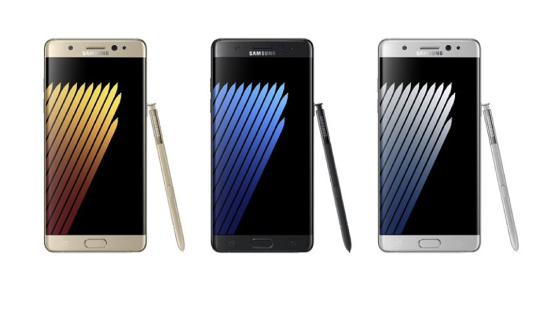In terms of the ACCC, you could try to establish a point that large companies make significant contributions to the Australian economy through their operations in Australia. Because of this, the ACCC may allow for some minor yet unlawful business aspects to be conducted (i.e. turn a blind eye to such actions) and this constitutes a limitation of the ACCC in achieving justice for consumers. This is because while the ACCC has to ensure justice is achieved for consumers, the continuous operations of large companies in Australia is a key interest of the Australian economy, which benefits from those large companies (through large amounts of tax paid for example). Consequently, the ACCC needs to ensure no excessive tension is caused between large companies (particularly foreign ones) and Australia (including the Australian economy).
While the ACCC may successfully sue a business for unlawful actions/behaviour (hence achieving justice for consumers), the business may perceive that decisions/actions made/taken by the ACCC against the business were unfair, which can result in the business (in this case foreign businesses), reconsidering the suitability/compatibility of their operations with the Australian legal framework, which may in turn force businesses to determine that their Australian operations must cease, causing significant damage to the Australian economy.
An example where the ACCC's attempt to achieve consumer justice was successful was against Samsung in 2019, where it sued the company
for making “false, misleading and deceptive” claims in its advertising relating to water-resistance capabilities of its Galaxy smartphones:
The ACCC alleges Samsung’s advertisements falsely and misleadingly represented Galaxy phones would be suitable for use in, or for exposure to, all types of water, including in ocean water and swimming pools, and would not be affected by such exposure to water for the life of the phone, when this was not the case.
Samsung is being sued by Australia’s consumer watchdog for making “false, misleading and deceptive” claims in its advertising.

www.thedrum.com
An example where the ACCC took a different approach in addressing significant issues faced by the same company was in 2016, when several Galaxy Note 7 smartphones experienced battery issues that caused hazards to consumers. Following the initial recall of its devices, Samsung re-released all units into the market, claiming the issue had been fixed successfully, only for the phones to display the same issues as before (battery overheating/explosion).
Instead of the ACCC suing Samsung for the same reason it did 3 years later (which would have allowed it to achieve consumer justice), the Commission instead stated it
is working closely with Samsung on this development.
Samsung is currently investigating reported issues with replacement Galaxy Note7 phones provided as a remedy following the recall on 6 September 2016.

www.productsafety.gov.au
I don't know much about the NCAT sadly, but I hope the above information helps!





